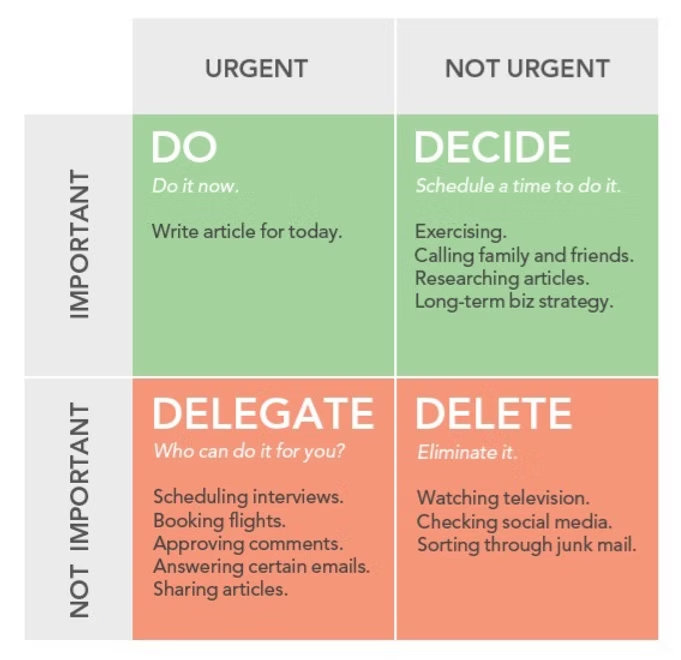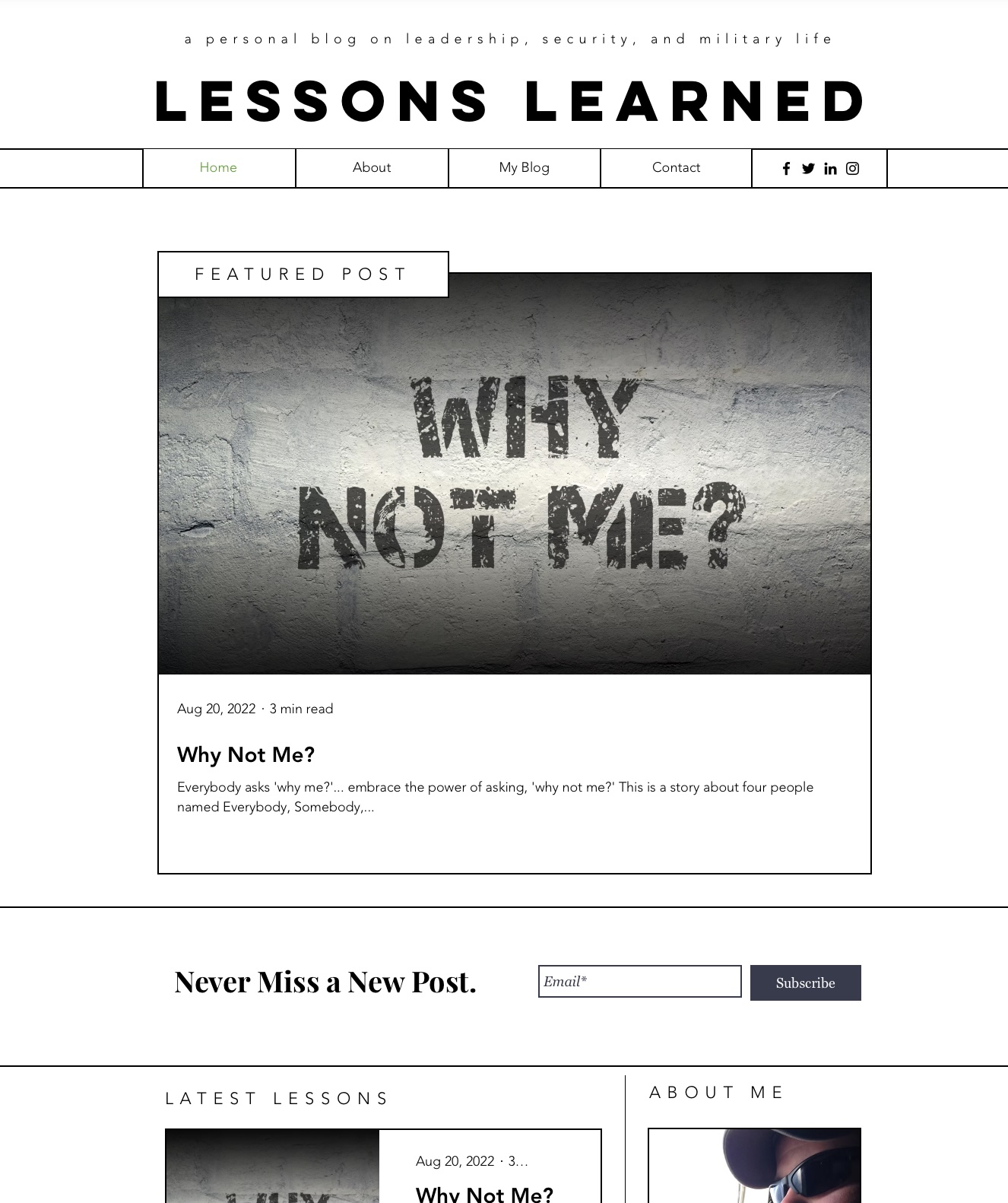Whoever thought working from home was easy never listened to that stay-at-home parent. How do we prevent teleworking burnout?
Let’s face it: teleworking sounds amazing. Roll out of bed late, leisurely enjoy your breakfast and coffee, get in some exercise, and get to work. Finish up early and still have plenty of time to catch up on Netflix before dinner, all from the comfort of your own home. What’s not to like?
But an increasing number of us are discovering that what it really looks like is: get up late, because you were up late with e-mails and messages from the night owls on your team, smash down some breakfast to barely make an 8:00 video teleconference (VTC), look presentable (from the top-up, anyway), make sure you straighten up the room behind you because you haven’t yet bought that damned drop-cloth, spend hours fighting with the virtual private network, certificates, and encryption to respond to one e-mail, three more VTCs, constant interruptions by kids desperately trying to figure out how to do distance learning, just before rushing to get dinner on the table. Spend the rest of the evening responding to more messages (on six different apps) and e-mails, confident that you produced about half the work you might have otherwise. Let’s not even start on the anxiety of how creative you had to get with every meal because of food shortages and anxious kids who want nothing more than to see their friends. I’m exhausted just writing that, but a lot of us are living that.
So let’s all take a deep breath and acknowledge that this is hard. We’re living in unprecedented times and dealing with unique challenges. It’s okay to feel stressed out and overwhelmed and want to throw your laptop out the window. Some of us are experiencing symptoms of burnout: emotional, physical, and mental exhaustion caused by excessive and prolonged stress. To help you (or your teammate) with this, I wanted to share and expand on some tips I recently read from the Airman Resilience Team of the U.S. Air Force’s 363rd Intelligence, Surveillance, and Reconnaissance Wing:
Turn to Others
Obviously, social distancing makes this hard, but there are some great ways to foster human contact. Remember that friend who moved away? Hit them up and set up a VTC. Have you got some friends you enjoy sharing a drink with? Have a virtual happy hour. One of my teammates set up a trivia night on Zoom, and it was an absolute blast! Consider expanding your social network; social media can be more than just a way to post cat pictures to the friends you already know.
Reframe your Outlook on Work
As I recently discussed, a strong sense of purpose is vital to maintaining energy. Open up to a trusted teammate and work together to reinvigorate your sense of organizational purpose. Remember the elements of your organization that bring you joy. Building on the first tip, work on opportunities to (virtually) socialize and develop more meaningful personal relationships with teammates in a “no-work” setting. Additionally, remember why you’re teleworking to begin with: to keep your teammates safe in case you’re sick and asymptomatic. Lastly, take time off. It may seem counterintuitive to take leave when you’re stuck at home, but staycation days where you leave the laptop closed and your message app notifications turned off can help you recharge.

Set Boundaries and Stick to Routines
Boundaries are important. Remember the Eisenhower Box: never has it been more important to determine if something is truly urgent or not. Likewise, if it’s Not Urgent-Important, put it on the calendar to do during your scheduled productivity time. Make sure you have time during the day that you’re going to be productive and focus your efforts on that. Often, I will sort urgency based on the method of communication: urgent is a phone call, not-urgent is an e-mail. Messages can be somewhere in the middle and will depend on who and when. Additionally, when thinking about boundaries, try to carve out dedicated space in your home for work. Do not use that space for leisure! Make sure you communicate your work/life boundaries with your family and your teammates. If you’re not looking at messages from teammates after a certain time, make sure they know. Lastly, keep regular bedtimes and wake-up times. Sleep matters.

Get Enough Sleep
This one should go without saying, but feeling tired can make everything harder. This gets even more challenging when you’re binge-watching your favorite show and tell yourself, “Just one more episode! I can sleep in a bit!” The truth is you can’t sleep in (because an Urgent-Important task will drop first thing), and you’ll be robbing yourself of your routine. Additionally, watch your alcohol consumption. Some may joke about teleworking and “airport rules,” but the truth is that too much alcohol robs you of your ability to sleep deeply and compounds your exhaustion.
The relationship between a healthy body and a healthy mind is well-known. While your gym is closed, there are tons of workouts you can do in your own home. Take advantage of the countless workouts available on the internet or support that personal trainer who can’t see their clients in person anymore. Consider meditation, yoga, or deep breathing exercises to help you relax. Your body will thank you if you can emerge on the other side of a pandemic healthier than you began.
Eat a Healthy Diet
While it’s fun to joke about how much we’re snacking, the truth is that we’ve never been more lethargic, and easy access to all of the junk food in our pantries can truly be our undoing. While it may comfort in the near-term, it will only compound your stress in the long-term. Others may seek comfort in alcohol or tobacco, both of which can develop into harmful habits that can lead to significant long-term health effects.
Conclusion
It’s incredibly important to realize that if this situation makes you feel stressed, your emotions are valid. Furthermore, I guarantee that many of your teammates are wrestling with the same problems. Reach out to them and take care of each other. Remember, we’re all in this together alone. If you’ve got tips on how to improve your resiliency while teleworking, please contact me below!


